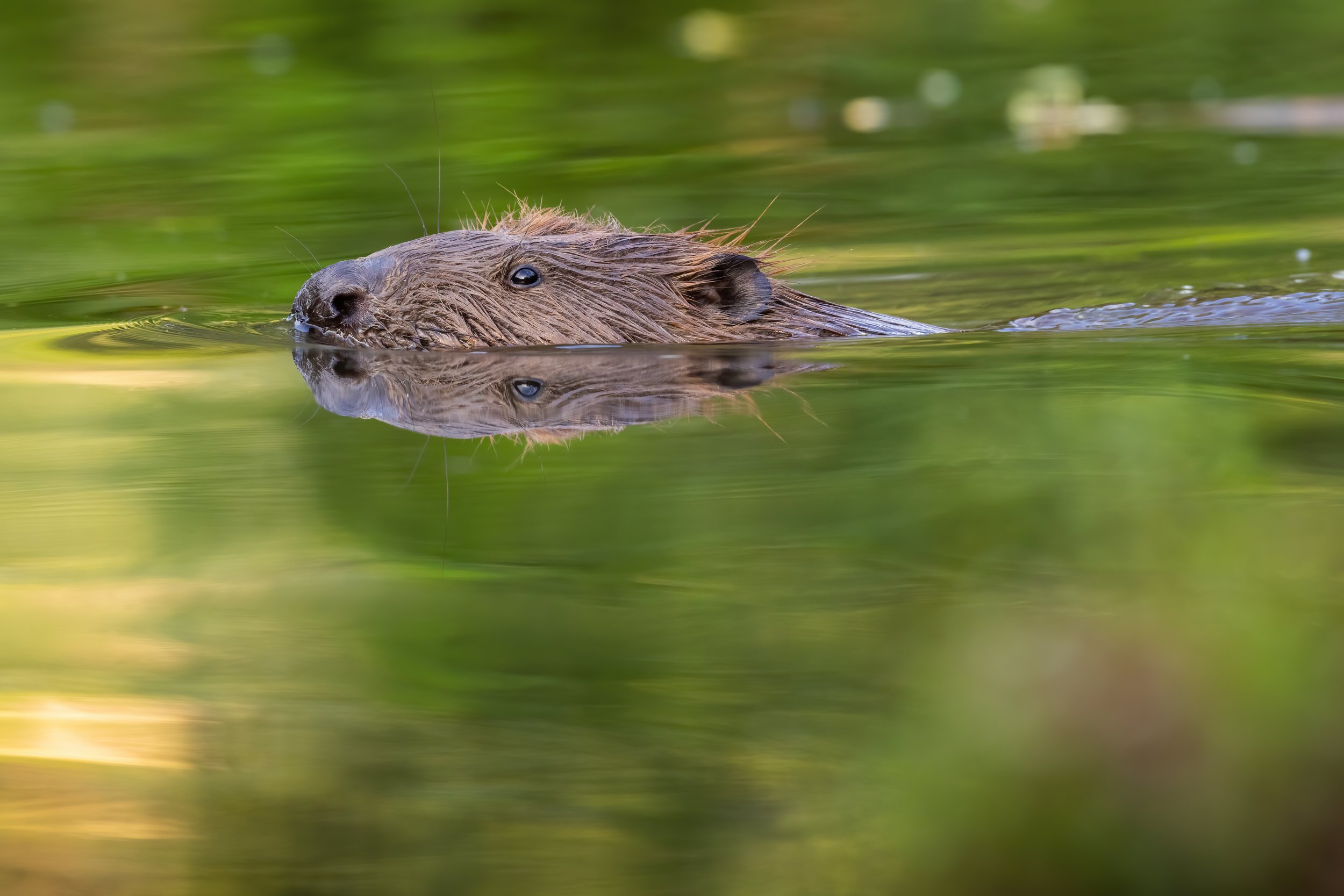FBA Info Notes

Beaver reintroduction and its effects on freshwater biodiversity in Britain
There is a growing interest in the restoration of the Eurasian beaver (Castor fiber) to Britain. The return of this iconic mammal not only has ethical significance, but also holds the potential to restore vital ecosystem functions and contribute to mitigating the climate and biodiversity crises.
However, due to the impoverished state of freshwater habitats in Britain, there are some uncertainties about the effects beavers may have on some priority species and natural processes. There are still unknowns regarding their interactions with some species of high conservation value, as well as the overall benefits they may bring to the modified habitats they create.

Pet treatments could be harming freshwater life
The use of flea treatment on pets could be causing problems in English rivers and lakes. The chemicals used in the treatments are toxic to freshwater invertebrates and have been detected in rivers across England despite severe restrictions on agricultural use since 2018. Reducing the risk posed by these chemicals requires improved scientific knowledge, better monitoring and stricter regulatory management. Vets and pet owners may have a very important part to play because they can help by simple changes in behaviour.

Windermere Info Note
First published online in February 2022.
Like all lakes, the state of Windermere has altered over time. Over several centuries, human activities caused nutrient-enrichment. More recently, climate change and altered food webs have made Windermere more sensitive to nutrient enrichment, requiring further action to improve its health. To support efforts to better understand the freshwater science of Windermere, the FBA has produced an Information Note ‘The State of Windermere’. This explains the scientific basis and impacts of changes in water quality over time.
